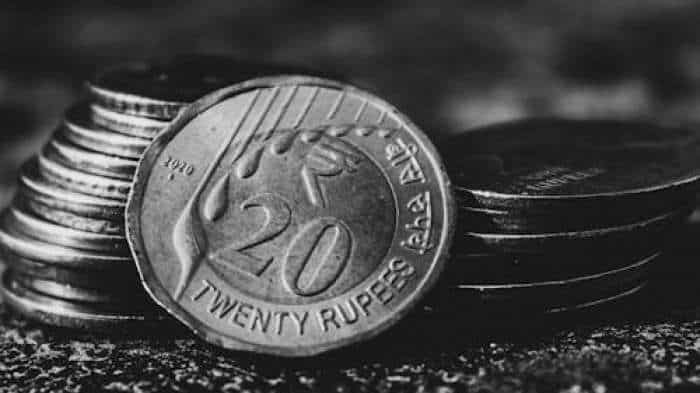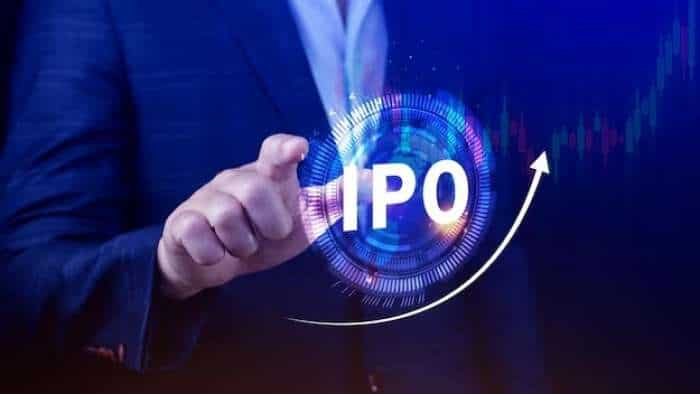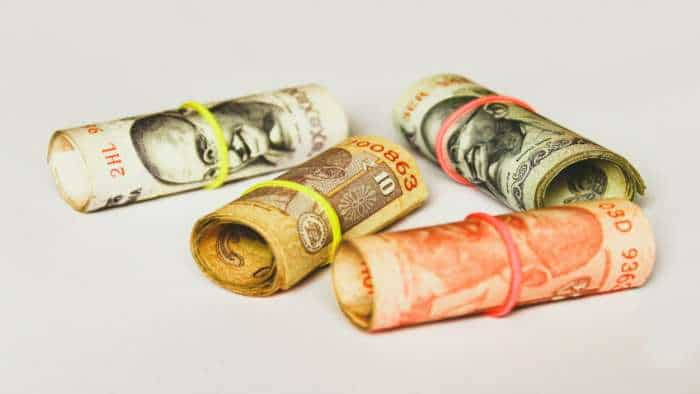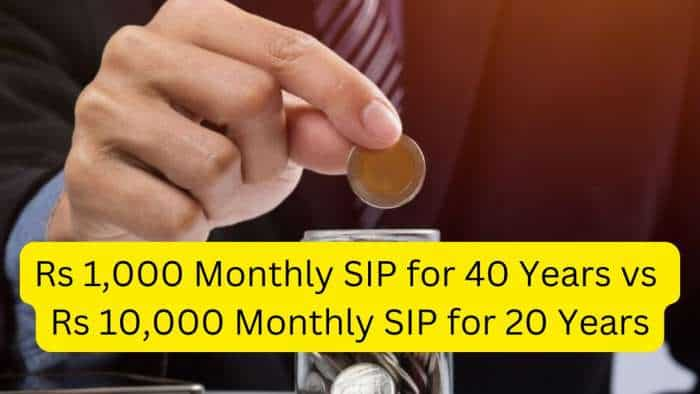HDFC Bank credit cards: From charges to benefits, know everything
Credit cards not only help you pay for your shopping or purchases, they also offer many discounts and deals. HDFC Bank has various types of credit cards for its customers.

Having a credit card in your wallet has become a trend. A credit card helps you shop or pay with no cash and, even with no account balance at times. While credit cards help you spend hassel free on your expenses, they possess some charges as well. Credit cards not only help you pay for your shopping or purchases, they also offer many discounts and deals. HDFC Bank has various types of credit cards for its customers.
In the wake of the increasing popularity of payment wallets, banks are announcing new debit and credit card-related offerings. Also, if used responsibly, a Credit Card can help you build a good credit history, also allowing you to get loans at favourable Interest Rates.
According to HDFC Bank Website, here’s a quick guide to the 5 things you sure need to know about your HDFC credit card -
1. Easy EMIs: The bank has a tie-ups with number of merchants across country and the customers can avail for easy EMIs accordingly. Easy EMIs are built to provide minimum or no extra cost EMI to customers. While EMI options may differ from customer to customer or card to card.
2. Annual Percentage Rate (APR): The APR is a source that tells you how much interest you would be charged on your credit card outstanding every year. Most credit card companies like to show a monthly credit card Interest Rate, but in order to make it simple, they have to show the annual credit card Interest Rate, showing the compounding effect on the interest from previous months.
3. Balance Transfer Fee: A balance transfer fee is the amount that you will be charged for transferring balance from one credit card to another. This amount is usually charged in the form of a percentage of the total amount being transferred, while currently HDFC Bank charges 1.10% as balance transfer fee.
4. Late Payment Fees: As a credit card holder, if you do not make the minimum payment on your credit card which is 5% of statement balance by due date or time on your bill, you will be subjected to a late payment fee. This late payment fee is usually standardised across nation, depending upon bank to bank.
5. Minimum Repayments: As the name suggests, it is repaying the very least amount on your debt each month which is 5% of statement balance. In case the customer fails to pay this payment, it will lead to a late payment charge and the risk of damaging credit card rating
The credit cards should be used for the minimum usage, as it default in payments can lead to hefty charges sometimes. While the charges and fees depends on bank to bank and cards to cards. One should check with all the terms and conditions before applying for a credit card.
Get Latest Business News, Stock Market Updates and Videos; Check your tax outgo through Income Tax Calculator and save money through our Personal Finance coverage. Check Business Breaking News Live on Zee Business Twitter and Facebook. Subscribe on YouTube.
RECOMMENDED STORIES

Power of Compounding: How can you create Rs 5 crore, 6 crore, 7 crore corpuses if your monthly salary is Rs 20,000?

Power of Compounding: Rs 5 lakh lump sum investment in 3 flexi schemes has grown to at least Rs 15.5 lakh in 5 years; see list

after bumper 2024 rs 2 lakh crore worth ipos expected in 2025 primary market nsdl avanse financial ecom express sebi approval

Top 7 ETFs With Highest Returns in 1 Year: No. 1 ETF has turned Rs 8,78,787 investment into Rs 13,95,091; know how others have fared

Rs 1,000 Monthly SIP for 40 Years vs Rs 10,000 Monthly SIP for 20 Years: Which can give you higher corpus in long term? Calculations inside
06:09 PM IST









 Bharti Airtel, TCS, ICICI Bank, 2 other blue-chip firms gain Rs 1.1 lakh crore in mcap in a week
Bharti Airtel, TCS, ICICI Bank, 2 other blue-chip firms gain Rs 1.1 lakh crore in mcap in a week HDFC Bank gets Sebi warning letter over alleged regulatory non-compliance
HDFC Bank gets Sebi warning letter over alleged regulatory non-compliance  TCS, HDFC Bank, 6 other blue-chip firms gain Rs 2 lakh crore mcap in a week
TCS, HDFC Bank, 6 other blue-chip firms gain Rs 2 lakh crore mcap in a week HDFC Bank declines after hitting all-time highs for past 2 sessions: Should you buy, sell or hold?
HDFC Bank declines after hitting all-time highs for past 2 sessions: Should you buy, sell or hold? HDFC Bank hits all-time high; rises nearly 3% in 4 sessions
HDFC Bank hits all-time high; rises nearly 3% in 4 sessions